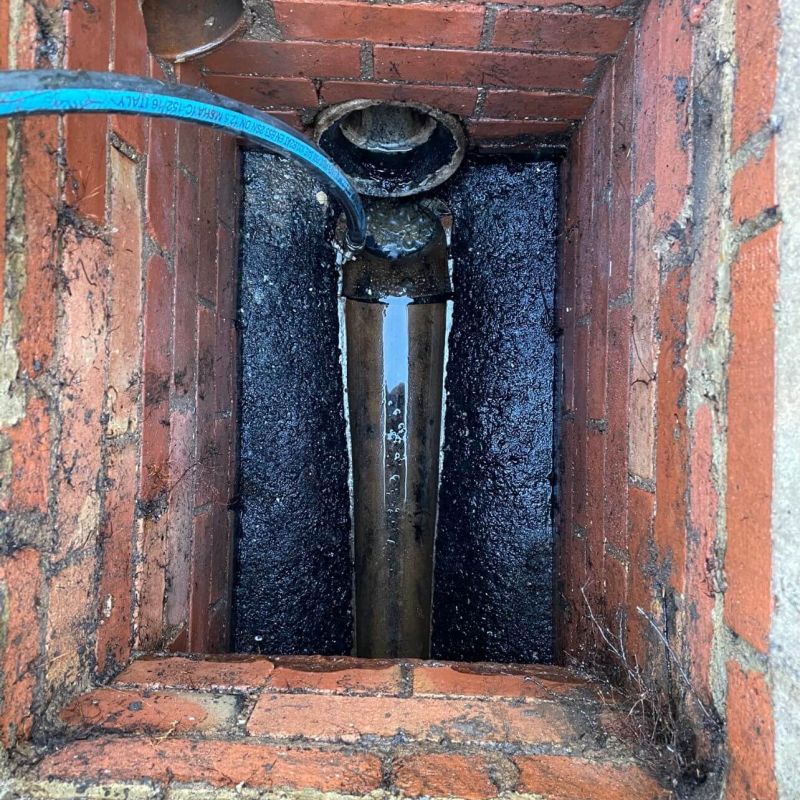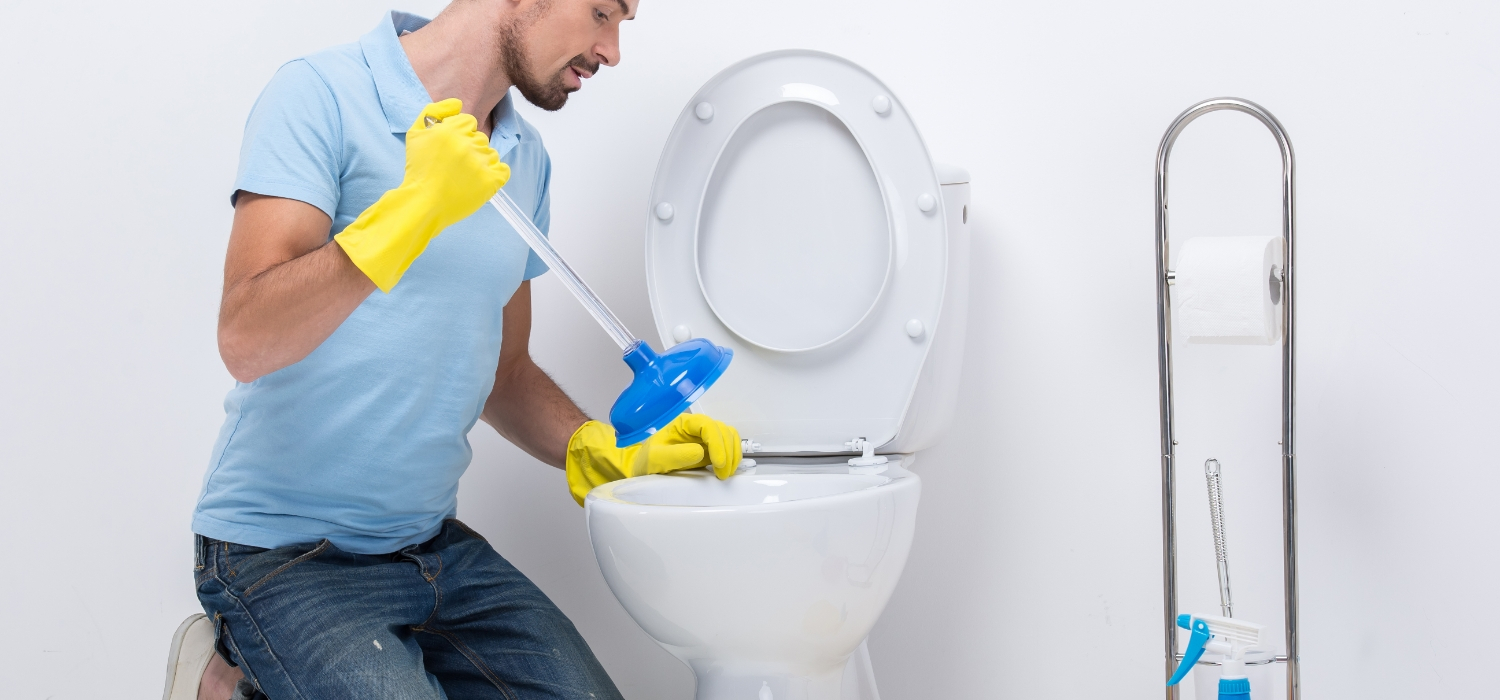Advice for Managing a Blocked Drain Prior to Contacting Experts
Advice for Managing a Blocked Drain Prior to Contacting Experts
Blog Article
Do you find yourself trying to locate related information concerning What I learned from trying to deal with a clogged drain?

Intro
Managing an obstructed drain can be an aggravating experience, disrupting daily tasks and possibly causing damages to your residential or commercial property. Nonetheless, before connecting to plumbing specialists, there are actions you can require to deal with the problem on your own. In this guide, we'll check out do it yourself options and safety nets to take on an obstructed drainpipe successfully.
Identifying the Issue
The first step in resolving a blocked drain is recognizing the signs. Slow-moving water drainage, gurgling audios, foul odors rising from drains, or water backing up are common indicators of a blocked drainpipe. Determining these indicators early can aid avoid even more problems.
Choosing the Right Plumbing Solution
When picking a plumbing solution, consider aspects such as experience, licensing, and consumer testimonials. Pick a credible plumbing professional with a performance history of quality workmanship and clear pricing techniques.
Cost Considerations
The expense of expert drain cleaning services can vary depending upon the severity of the obstruction and the plumbing technician's rates. Request quotes from several service providers and ask about any type of additional charges to make certain transparency and stay clear of shocks.
Safety Measures
When trying do it yourself drain cleansing, focus on safety. Wear safety gloves and eyewear to prevent contact with dangerous chemicals or germs. Never blend different drainpipe cleansing items, as this can generate harmful fumes.
Case Researches
Real-life instances illustrate the efficiency of do it yourself options and the relevance of timely specialist treatment in dealing with drain clogs.
Common Root Causes Of Obstructed Drains
Recognizing the elements that contribute to drain clogs is vital for reliable resolution. Common culprits include hair, soap scum, grease, food particles, and foreign things like sanitary items or paper towels. Tree origins invading underground pipelines can additionally trigger considerable clogs.
Do it yourself Solutions
For minor obstructions, a number of DIY options can be effective. Putting boiling water down the drainpipe can assist dissolve oil and particles. Baking soda and vinegar or a blend of salt and cooking soft drink can function as all-natural cleaners. Utilizing a plunger or plumbing snake to remove blockages is another alternative.
Devices and Devices
Having the right devices available can make do it yourself drainpipe cleansing a lot more effective. A bettor is a flexible tool for removing clogs in sinks, bathrooms, and showers. A pipes snake or auger can get to much deeper blockages, while drainpipe cleansing chemicals can be utilized cautiously for persistent obstructions.
Safety nets
To stay clear of future clogs, embracing preventive measures is crucial. Install drainpipe guards or strainers to catch hair and debris prior to they get in the pipes. Consistently flush drains with hot water to liquify grease build-up, and avoid disposing of oil or solid waste down the drain.
When to Call a Professional
While do it yourself options can settle minor obstructions, certain signs show the demand for professional aid. Consistent obstructions, foul odors despite cleaning efforts, or several drains backing up concurrently are warnings that necessitate professional intervention.
Final thought
By following the tips described in this overview, you can effectively deal with blocked drains and stop future pipes concerns. Whether going with do it yourself options or seeking expert help, punctual action is vital to maintaining a healthy pipes system and maintaining the stability of your home.
How to Clear a Clogged Drain Yourself (And When to Call In the Professionals)
What Can Clog a Drain
Dirt Skin flakes Hair Grease Soap scum Food Offset pipes Tree roots Small objects Mineral buildup DIY Tricks to Unclog a Drain
You can fix this! Once you have identified the source of the clog (or have a vague idea), you can try one or a combination of these fixes in order to clear your plumbing.
Wire Hanger or Snake
Untangle and clear out hair from a drainpipe with a homemade snake. Use a straightened-out wire hanger with a 90-degree angle hook to locate the clog and drag out any unwanted material.
Remember not to push the clog further down to where the wire hanger cannot reach! If you need to follow up with a plunger, give it a try. Your efforts might be more successful after it’s been wire-snaked.
If you want to get fancy and don’t have a wire hanger to spare, head to the store and pick up a hand-operated drain snake. You can get one for $10-$30. It may save you the hassle, and provide additional length to reach deep into the clogged pipe.
Plunger
A cup plunger has a suction cup attached to a wooden handle. The rubber creates a seal around the drain, and increases the pressure force of the plunger.
Plunge for 30-second increments to loosen the clog. This may need to be repeated over the course of 15-20 minutes. Once plunged, run the water to flush the remaining material out of the drain.
Remember– never use a plunger if you have used a chemical drain cleaner. These chemicals can splash up from the force of the plunger and cause serious injury or burns.
Boiling Water
Hot water can sometimes break up materials into a flushable amount. Dirt, grease, and soap buildup requires heat in order to unstick from surfaces.
Take your kitchen kettle and heat your water to a boil. Once it reaches a rolling boil, pour it directly down the drain into the blockage. Carefully follow with plunging, if necessary.
Don’t worry if this takes more than one try! It can often take multiple kettles and repeated plunging in order to clear a particularly stubborn clog.
Chemical Drain Cleaner
As a last resort, pick up a bottle of chemical drain cleaner. Drain-cleaning chemicals are potent, and not very good for the environment.
You may need to wear protective eyewear in gloves before handling your bottle of chemical drain cleaner. Follow the instructions printed on the bottle, and flush with water as soon as the instructions allow. Do not follow with plunging.
Baking Soda and Vinegar
As a safer alternative to chemical drain cleaner, baking soda and vinegar can create a chemical reaction that clears tough clogs.
Combine one cup of cleaning vinegar with one cup of boiling water, and set aside. Once you have done this, pour half a cup of baking soda down the drain. Give the baking thirty seconds to settle and cover a large portion of the problem drain.
Following the baking soda, pour down your vinegar and hot water solution. Once the vinegar and baking soda combine, the mixture will bubble and fix. Let this reaction fizzle in the drain for about an hour.
After an hour, follow with a kettle’s worth of hot water. The heat and liquid should flush out any remaining material.
When to Call a Plumber
If your DIY attempts haven’t cleared your clog drain, it’s time to call in a professional. It’s not worth losing access to your kitchen sink or high-traffic bathroom. A clog in a vital area can keep you from the things you’d rather be doing, and derail your routine.
Anytime a clog is causing water to spread is a time to call in a plumbing service. What starts out as a little bit of water can quickly grow into serious, expensive water damage.
Additionally, a serious clog can result in burst pipes or serious leaks. Make sure you know when to take it seriously!
https://myguysnow.com/how-to-clear-a-clogged-drain-yourself-and-when-to-call-in-the-professionals/

Do you really like reading about ? Try leaving a remark further down. We'd be happy to find out your opinions about this page. Hoping that you come back again later on. For those who liked our blog posting kindly consider to pass it around. I truly appreciate your readership.
Website Report this page